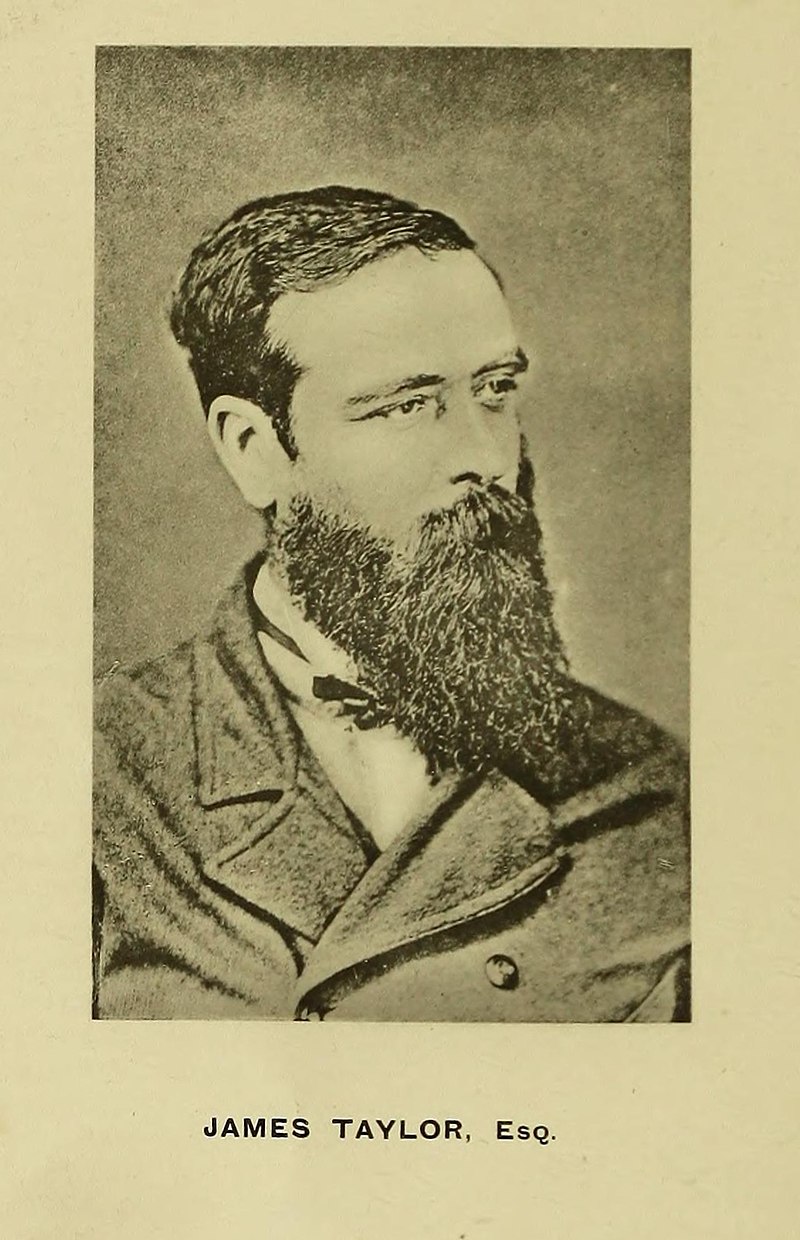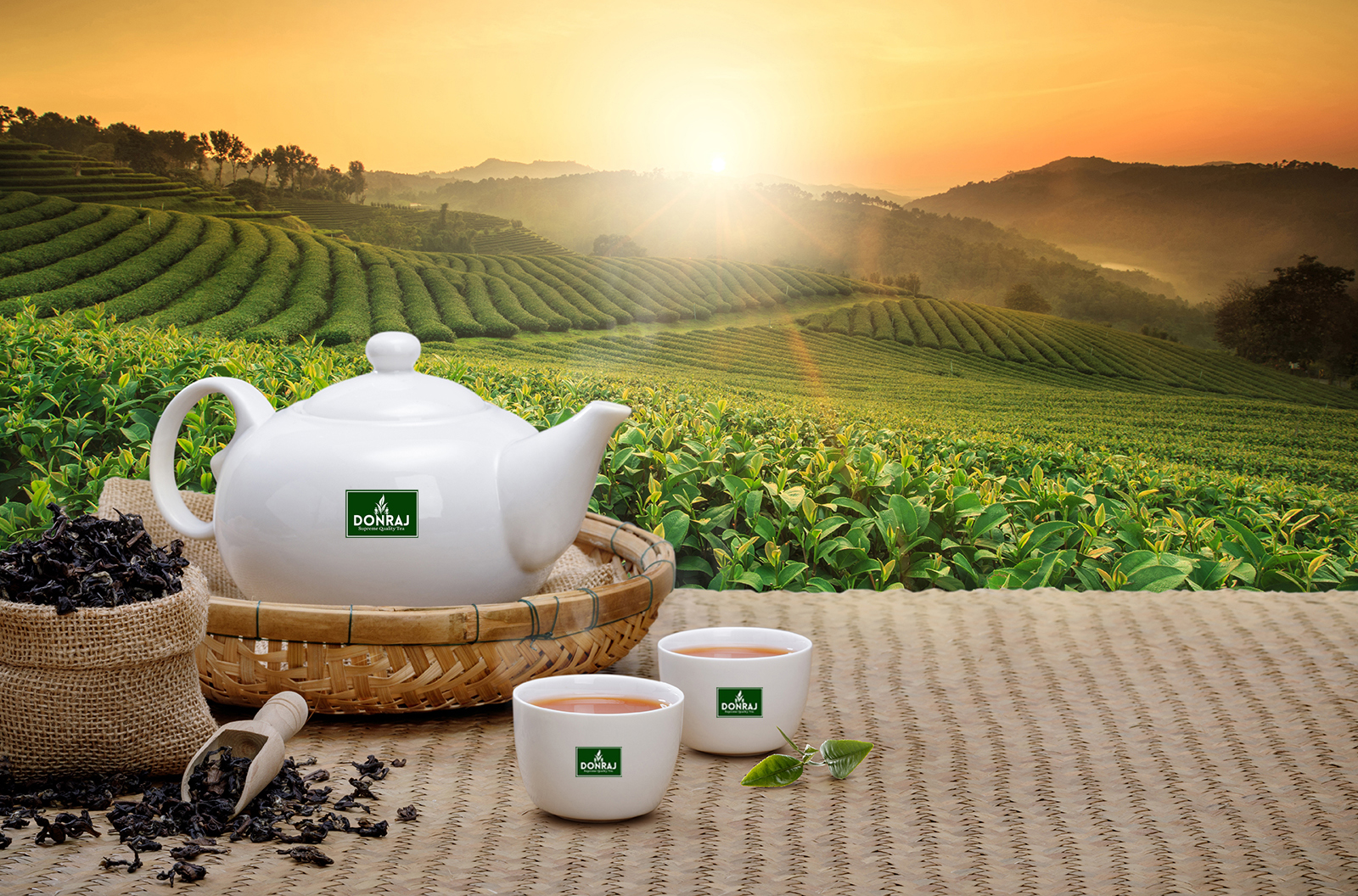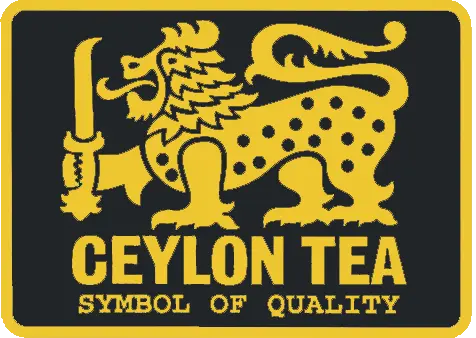At Donraj Teas, we celebrate Sri Lanka’s liquid gold: Ceylon Tea, a legacy born from resilience and innovation. Renowned for its bright flavor and brisk aroma, Ceylon Tea defines Sri Lanka’s cultural and economic identity. But did you know this global icon emerged from the ruins of a coffee empire? Dive into the captivating history of how Sri Lanka transformed into the world’s finest black tea producer—and how Donraj Teas honors this heritage with every cup.
The Coffee Era: Sri Lanka’s First Cash Crop
In the early 19th century, Sri Lanka (then Ceylon) was the British Empire’s tropical gem, famed for its coffee plantations. The island’s central highlands—Kandy, Nuwara Eliya, and Badulla—became hubs for coffee cultivation, supplying 25% of the world’s coffee by the 1860s. But in 1869, disaster struck. A fungal blight, Hemileia vastatrix (coffee leaf rust), obliterated crops, collapsing the industry within a decade. Desperate planters sought a new future—and found it in tea.
The Birth of Ceylon Tea: James Taylor & the First Plantations

James Taylor: Pioneer of Ceylon Tea
Two years before the coffee blight, a Scotsman named James Taylor planted 19 acres of tea seedlings in Loolecondera Estate, Kandy. By 1873, his first shipment to London wowed buyers with its quality, igniting Sri Lanka’s tea revolution. Taylor’s meticulous methods—hand-plucking “two leaves and a bud,” traditional oxidation, and careful firing—set the standard for orthodox Ceylon Tea, a process Donraj Teas still upholds today.
Thomas Lipton’s Global Marketing
In the 1890s, entrepreneur Thomas Lipton bought vast Ceylon estates and marketed tea directly to British households. His slogan, “Direct from the tea garden to the teapot,” and affordable tea bags made Ceylon Tea a global staple. This spirit of innovation inspires Donraj Teas’ commitment to delivering freshness and authenticity.
Why Ceylon Tea Became a Global Sensation
Sri Lanka’s geography and craftsmanship created unmatched teas:
- Altitude Variations: High-grown teas (Nuwara Eliya, 6,000+ ft) boast floral notes, while mid/low-grown regions (Dimbula, Ruhuna) yield bold, malty flavors.
- Climate: Monsoon rains and cool mountain air nurture complex flavors.
- Orthodox Processing: Hand-plucked leaves, slow oxidation, and artisanal firing preserve terroir-driven profiles.
By 1900, Ceylon surpassed China as the world’s top tea exporter.
Ceylon Tea Today: Donraj Teas’ Commitment to Excellence
Sri Lanka remains the 4th-largest tea producer, with tea contributing 12% of export income. At Donraj Teas, we honor this legacy while embracing modernity:
- Certified Quality: Our teas meet EU Geographical Indication (GI) standards, guaranteeing authentic Ceylon origin.
- Sustainability: 100% of Donraj estates are Rainforest Alliance certified, prioritizing eco-friendly farming.
- Single-Estate Mastery: Explore our Nuwara Eliya Highland Tea or Ruhuna Bold Black Tea, each reflecting unique terroir.
Sip History with Donraj Teas
From coffee’s collapse to global tea fame, Ceylon’s journey mirrors Sri Lanka’s resilience. At Donraj Teas, we blend tradition with innovation, offering premium Ceylon Teas that honor this storied past.



